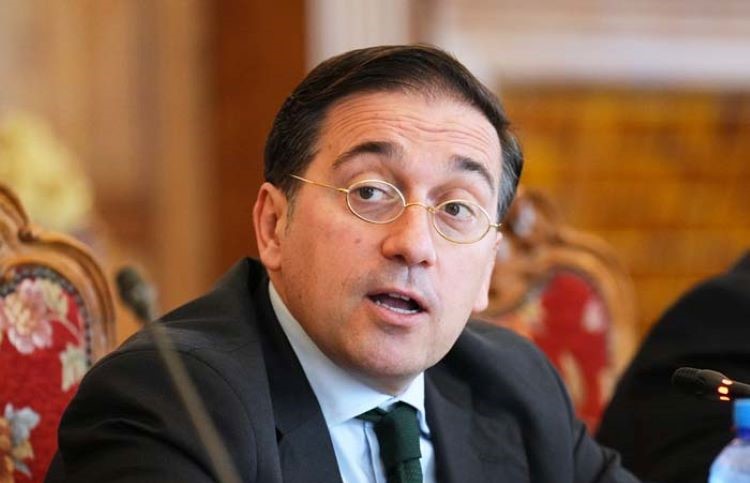The Diplomat
A United Nations global assessment of progress towards the Sustainable Development Goals (SDGs) makes clear the important role that tourism must play in achieving the ambitious agenda for change.
Launched at the High-Level Political Forum on Sustainable Development, which this year is held around the theme of ‘building back better’ from the pandemic, the UN reports draw on UNWTO’s statistical work to track tourism’s role in delivering meaningful progress for people and the planet. Specifically, the UN SG Progress report on SDGs with its statistical annex will serve as an input to the deliberations of the HLFP. Alongside this, the Sustainable Development Goals Extended Report is aimed at the wider public and provides an overview of all 17 Goals with infographics, including those illustrating the relevance of tourism.
Prepared in collaboration with the entire UN Statistical System, the reports and their latest available data show that action is needed to accelerate the delivery on the SDGs and to step up national measurement efforts, including for the tourism sector.
As demonstrated in section on SDG8 (‘Decent Work and Economic Growth’), tourism a major force of development was one of the most affected economic sectors by the COVID-19 Pandemic as global GDP from tourism nearly halved between 2019 and 2020, with wide-reaching consequences for jobs, local businesses and conservation efforts.
On SDG12 (‘Responsible Production and Consumption’), UNWTO’s statistics serve to highlight the importance of national efforts to implement standardized tools like Tourism Satellite Accounts (TSAs) and the System of Environmental-Economic Accounting (SEEA). Both underpin the UNWTO-led Statistical Framework for Measuring the Sustainability of Tourism (MST) that assesses the social, economic and environmental impacts and dependencies of tourism—at national and sub-national levels -. These tools also underline the importance of multistakeholder collaboration which is fostered through the Sustainable Tourism Programme of the One Planet network.
As countries build back better and aim to build more sustainable and resilient tourism, various policy frameworks have recognized the need for these measurement tools to guide their efforts and thus contribute to more evidence-based policymaking. Examples at the international and regional level are the UNWTO Recommendations for the Transition to a Green Travel and Tourism Economy and the AlUla Framework for Inclusive Community Development Through Tourism, both welcomed and endorsed by the G20, the European Parliament resolution on establishing a strategy for sustainable tourism, the Pacific Sustainable Tourism Policy Framework, UNWTO General Assembly resolutions and UN Statistical Commission decisions.







